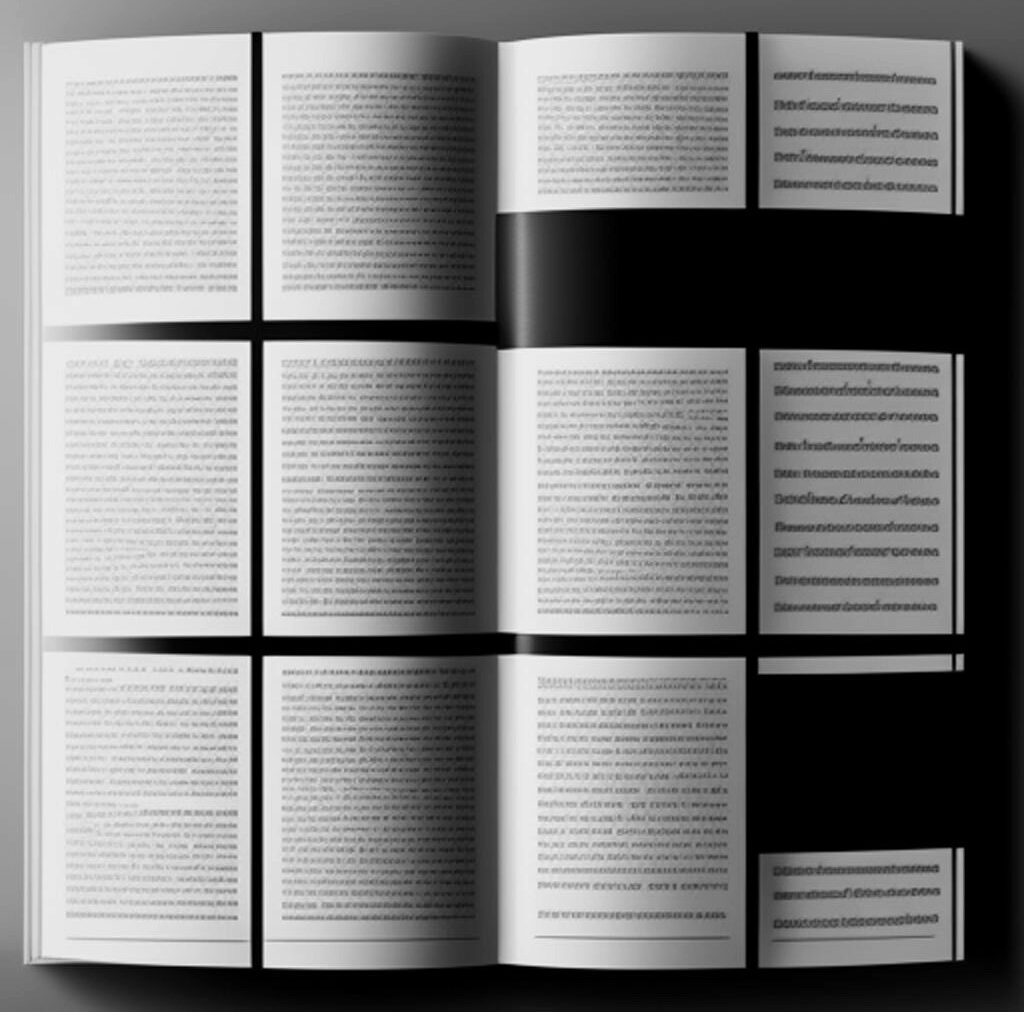Derrida problematizes translation by deconstructing the places that philosophy traditionally reserves for speech and writing, originals and copies, presence and absence, and centers and margins.
For Derrida, philosophy prioritizes thought over writing; that is to say, philosophy is traditionally engaging in strategic processes in which writing is considered secondary, marginal, and even dangerous. For philosophy sees in the concept purity, unity, simplicity, and rigor that rise above and thereby surpass writing and all linguistic inscriptions.
How Socrates thinks-philosophizes makes apparent this doubtful attitude toward writing throughout the whole history of philosophy, since it is a thinking-philosophizing happening in the place originally opened up by Socrates’s refusal to write anything. That is to say, the philosopher who never wrote anything as a forcible model shaping and deciding the philosophical traditional attitude toward writing.
According to Derrida, although philosophy’s prioritization of concepts and ideas over linguistic inscriptions and writing is traditional and therefore decided, translation, as a philosophical problem within this metaphysical doubtful attitude writing, is often left unquestioned and unthought by philosophy throughout its whole history,
Derrida says that because it is impossible for philosophy to surpass or rise above its own linguistic inscriptions and writings, translation resides in, and belongs to, philosophy; it is a condition of philosophy itself in the sense that it is that without which philosophy fails to continue as such.
Translating the Proper Name
Yet translation is never simple or straightforward, according to Derrida, for it is necessary and impossible at the same time. An example showing the non-simplicity and necessity of translation is the proper name.
The proper name is impossibly translatable; it defies and evades all attempts at translating; it is irreplaceable and unexchangeable; it stands outside the linguistic differential programs of substitutability despite remaining itself a linguistic inscription.
Derrida sees in the proper name “Babel” a paradox making apparent the necessity and impossibility of translation because although it is an untranslatable proper name, it is a specific name, in the Biblical story, that inserts itself into language in such a way that renders translation necessary.
That is to say, there is in the already readable, decipherable, and recognizable proper name what forever remains elsewhere, absent, and undecidable in the sense that it constantly escapes being an exchangeable linguistic object.
In other words, the proper name demands translation insofar as it resists it; it requires a translation that it refuses and evades.
The Relation Between an Original and Its Translation
According to Derrida, the translation’s conditions of possibility are forever indebted to the original text; they reside in the original text. But because the deconstruction of Derrida puts into question the notion of originality itself and all suggestions that there might be existing original texts, Derrida says that translations are themselves originals awaiting being translated. That is to say, the original text is itself a translation awaiting further translation or an original translation.
In other words, what is disrupted in Derrida’s deconstruction is the opposition “original/translation” itself by being first reversed and then made unstable and forever disrupted by rendering impossible the reduction of one contrary to its other.
if an original text, on the other hand, is to survive, it needs a translation; either a translation into other languages or the translation carried out through the singular, unexpected, and irreducible act of reading, in which the radically other in the text is welcomed by the reader and therefore allowed to unfold.
This means that translation makes impossible all moments at which texts and books can be balanced, made complete, and announced as whole. All translating aims thus at achieving the impossible, which is balanced and whole books or finished transferable meanings.
Derrida says that an incalculable and unknowable debt is always at work. This is why every translation is singular, undecided, and undecidable; it is neither secured nor pre-determined, for it is an encounter with what is undetermined and indeterminable, an original whose originality is itself problematic and impossible because it is already a translation.
For more articles on Derrida‘s deconstruction, visit this webpage.

